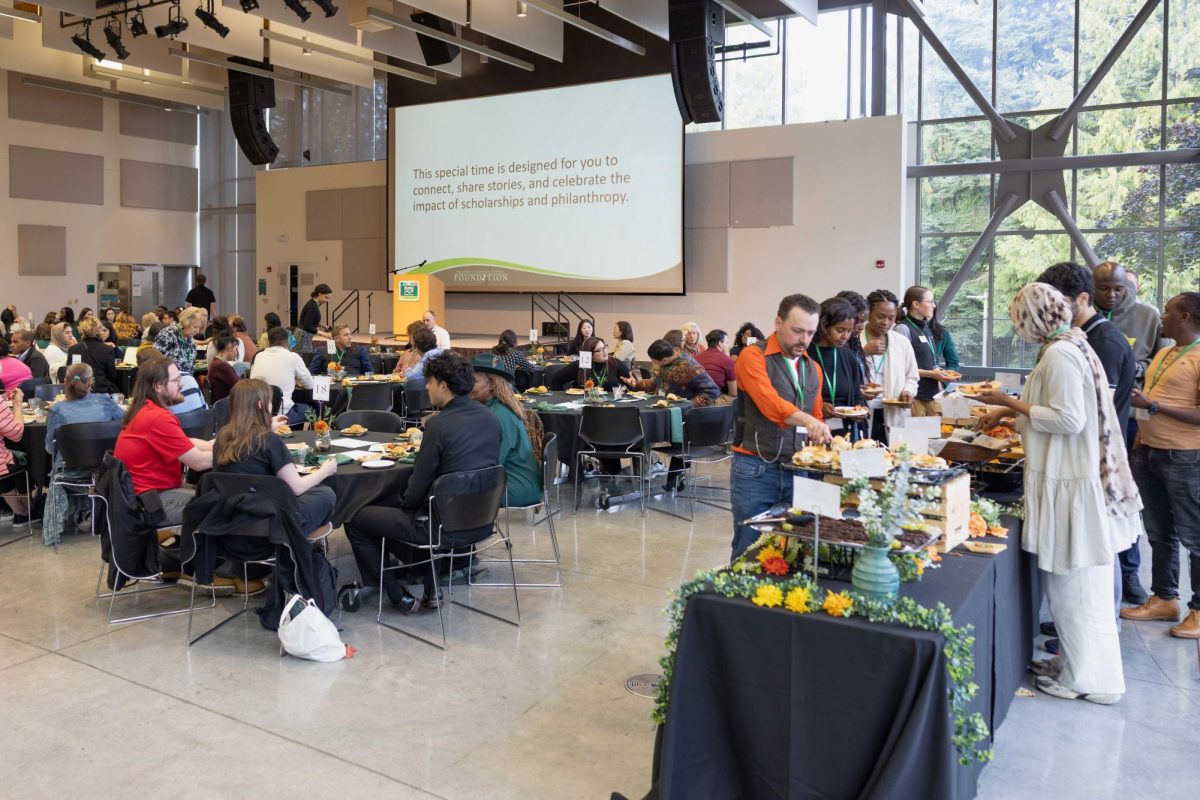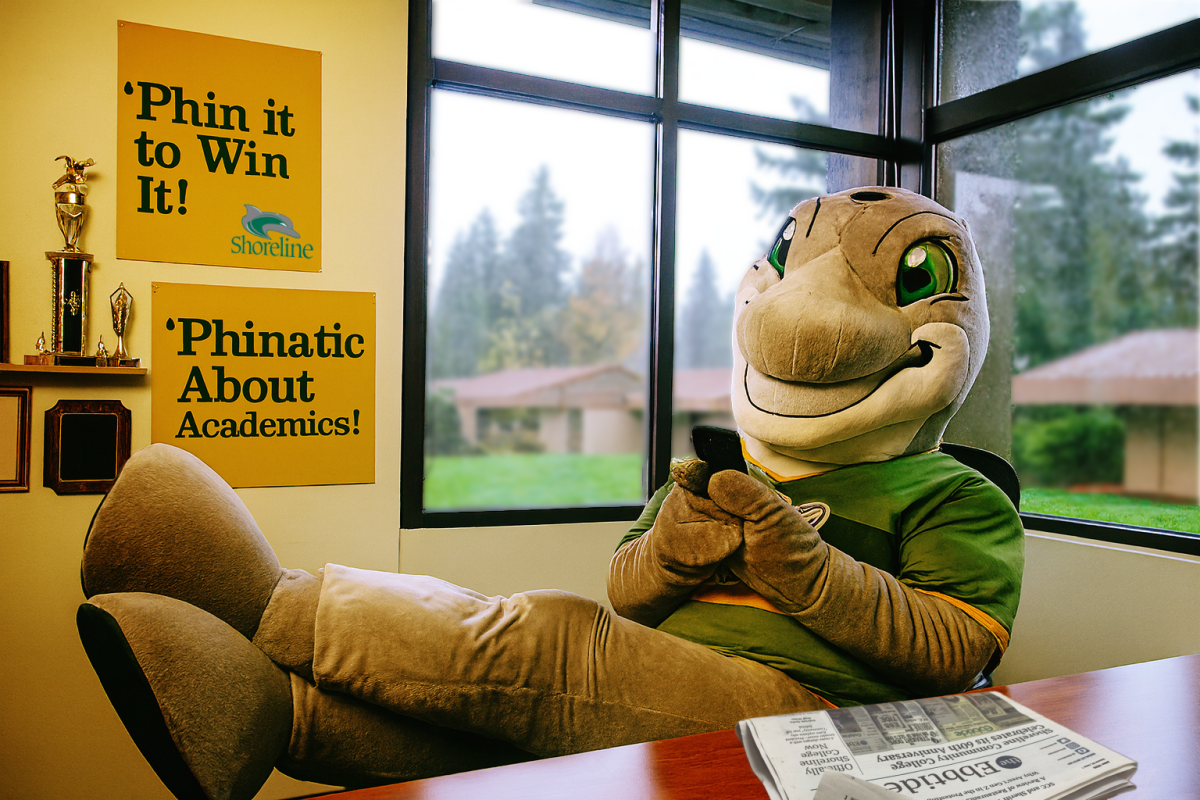WHAT IT’S LIKE TO LIVE IN A HOMESTAY
In my own experience, studying abroad can be absolutely terrifying.
International students have to adjust to cultural differences and overcome language barriers all while tolerating the loneliness of being on their own without their family’s company.
That’s why the role of a host family is so important. They can serve as a student’s extended family, and they can support the student through their journey into American culture.
Sherafina Endarwan, an Indonesian SCC student, said that she has developed a tight bond with her homestay family.
“My host family is really considerate,” she said. “They remember what kind of food my roommates and I like. For example, one of my roommates has a sweet tooth, so the family constantly baked her cookies.”
Endarwan said that because her host mom is Filipino-American and her host dad is Caucasian, the kind of food they cook is diverse. “They mostly made us Chinese food influenced by American culture, which I’d never tried before,” Endarwan said.
Endarwan lives with three housemates from Denmark, Korea and Japan. She said that living with a homestay family gave her the opportunity to embrace cultural diversity.
Chinese student Qing-Yang Zeng said that rather calling his homestay guardians “parents,” he would call them “homestay grandparents.” They treat him as if he is their grandson.
His “grandparents” frequently take him to museums and sightseeing because they want him to adjust to the cultural differences.
Zeng said that the couple started to host international students after their two sons moved out and started their own separate families. Since there was still room in the house, they decided to help others adjust to life in Seattle.
Sand Napatsanun, a SCC student from Thailand, also said that she had a good relationship with her host family. “We have dinner together every night, and we talk about our day,” she said. “I talk to them about school life and we share our highs and lows with each other.”
According to Napatsanun, there was one thing she didn’t like about her homestay family.
“My host mom made up really strict rules,” she said. “Such as asking us not to make any noise after 7 p.m.”
However, despite the strict rules, Napatsanun said that she got to be friends with her housemates from Vietnam and Hong Kong. The homestay experience has allowed her to know more people from other countries and embrace different cultures.
Unlike those who had good experiences with their host families, Taiwanese SCC student Cheng-Xi Hsieh, said that he and his sister had a bad experience with their host family.
He said that although utilities were already included in their rent, the host family still limited their showers to 20 minutes each per day and frequently asked them to pay for additional bills that were not originally included in their contract.
At the end of the 2018 summer break, Hsieh and his sister approached the host family to return the keys, only to receive a reply asking them to wait until the family contacts them.
Ultimately, the host family kept most of their $800 deposit when they moved out, claiming Hsieh and his sister failed to return the key upon arriving back in the U.S. from their vacation. The host family ignored all of Hsieh’s father’s emails and refused to give back all but $30 of the deposit.
In contrast to Hsieh’s experience, Phuong Uyen, an SCC student from Vietnam, has only good things to say about her host family. She and her host family celebrate most of the popular American holidays along with the two other international students currently residing there. This is to help them adapt to Western culture more quickly.
“I think that one of the most memorable moments with my host family is the Christmas party they held last year,” Uyen said. “They would decorate the living room gorgeously and invite us to have the Christmas feast with the rest of the family.”
Besides the Christmas party, she said she has fond memories of the birthday party her host family held for her last year. They decorated her room with balloons and even baked her a customized cake.
She said that she was touched because it wasn’t the host family’s duty to treat her as family; they did it out of love.
Those who are interested in living with a host family should look into homestay matching organizations for more information.
SCC recommends three: ABODE, American Homestay Network and USA International, Inc.
These organizations emphasize transparency with their students and encourage them to contact the groups directly if they have any problems with their homestay families.







